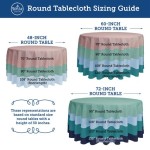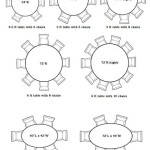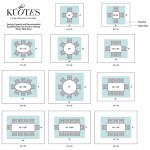King Arthur and the Knights of the Round Table are a part of English folklore that has been passed down through generations. From the mysterious tales of Excalibur to the magical adventures of Merlin, the stories of King Arthur and his knights have captivated audiences for centuries. But the true history behind the legend is much more complex than what is commonly believed.
The Origins of the Legend
The earliest accounts of King Arthur and his knights come from the medieval writings of Geoffrey of Monmouth in the 12th century. According to Geoffrey, King Arthur was the leader of the Britons who fought against the Saxons. He was said to be a great warrior and had a magical sword called Excalibur. He also had a Round Table which he used to gather his knights together.
The tales of King Arthur and his knights were further popularized in the 15th century by the writings of Thomas Malory. His work, Le Morte d’Arthur, was the first major compilation of the tales and has been a source of inspiration for literature, art, and film ever since.
The Symbolism of the Round Table
The Round Table has become a symbol of justice and equality. In the legend, the table was said to have been made in a circle to signify that all the knights were equals. This equality was further emphasized by the fact that the table had no head or foot, showing that no one was more important than the other.
The Round Table also symbolized the idea of unity among the knights. They were bound together by a common purpose and a shared code of honor. Even though they could disagree on matters of strategy and tactics, they continued to work together for a common goal.
King Arthur in Modern Culture
King Arthur and the Knights of the Round Table have been a part of popular culture for centuries. From books to movies to video games, the legend of King Arthur has been adapted and reinterpreted in a variety of ways. While many of the stories remain faithful to the original tales, others have taken creative liberties with the characters and plot. Nevertheless, the Round Table remains a symbol of justice and equality.
The Arthurian legend has even made its way into modern politics. British Prime Minister Tony Blair adopted the Round Table as a symbol of unity among his cabinet ministers. The concept of a Round Table of equals has also been adopted by other groups, such as the United Nations Security Council.
Conclusion
The legend of King Arthur and the Knights of the Round Table has been a source of inspiration for centuries. The story of a courageous leader and his noble knights has resonated with audiences of all ages. But beneath the legend lies a deeper meaning, one that speaks to ideas of justice and equality. The Round Table remains a symbol of unity and a reminder that we can all work together towards a common goal.














Related Posts








